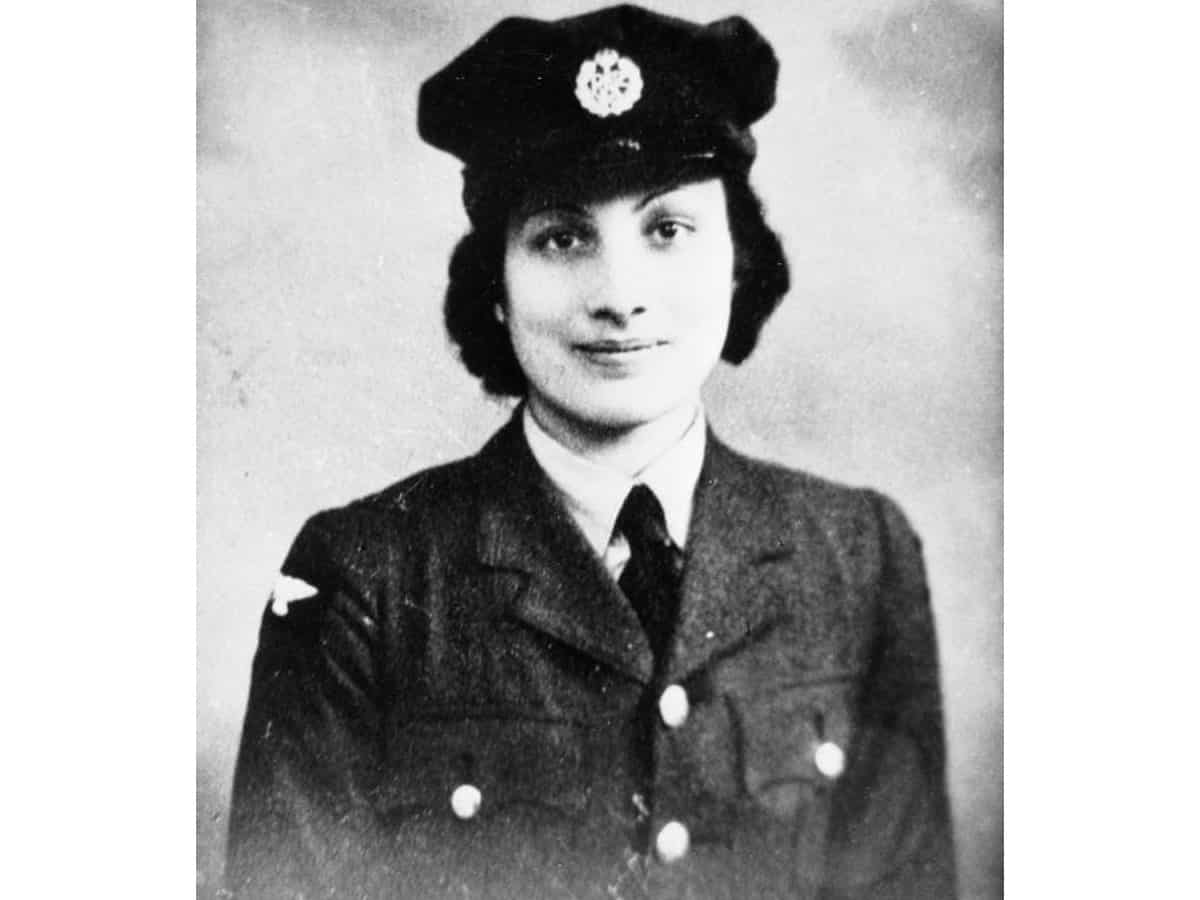Stories of war are often told from the perspective of men- narratives that are most often deprived of the female voice and presence. Spy Princess, a TV drama series is one step towards recognizing women and their efforts and struggles in war. It is based on the life of Noor Inayat Khan- first woman radio operator, secret agent during the Second World War, a children stories writer, and a pacifist.
Noor Inayat Khan will be portrayed by Frieda Pinto, star of the Oscar-winning film Slumdog Millionaire. It will be directed by Anant Tucker and produced by Andy Paterson.
The project is also being produced by Claire Ingham, founder of Red Room Films.
The series is based on the book Spy Princess: The Life of Noor Inayat Khan by Shrabani Basu, who is also a consultant to the series written by Olivia Hetreed.
She was a descendant of Tipu Sultan- an 18th-century Muslim ruler of Mysore State. She was born on Jan 1, 1914 to Inayat Khan, a musician and Sufi preacher and mother Amina Baker (previously Ora Ray Baker).
Due to increased surveillance, the family moved to France from Moscow in 1920.
After France was captured by the Nazis in 1940, the family had to move back to Britain. This is when she joined the war effort and signed up for the Women’s Auxiliary Air Force as a wireless operator.
Khan, code-named Madeleine, became the first radio operator to be sent to Nazi-occupied France. Her role in the war was vital and she became a vital target for the Gestapo. She was captured in 1943 and was tortured before she was shot dead the following year.
This year, Britain awarded her with the Blue Plaque – the first Indian-origin woman to be honored with the title for her sacrifices as a Special Operations Executive (SOE) in France. In 2014, a stamp was issued in her honor.
She was also awarded the George Cross, the United Kingdom’s highest civilian award, in 1949 and the French Croix de Guerre, a military honor awarded by France in 1946.
In her book the Spy Princess, Shibani Basu wrote, “To Noor, the ideology of the Nazis and their pogrom against the Jews was fundamentally repulsive and opposed to all the principles of religious harmony that she been brought up with by her father.”
“The understanding in the West is that Britain won this war on its own, that Churchill won it for them. They need to know there were 2.5 million people of the Indian subcontinent who came forward to volunteer for this war,” Basu told Al Jazeera.
The most significant thing the series does is telling the story of a woman, a Muslim, an Asian as a hero. It breaks stereotypes and attempts to fill in a significant gap in the narrative of war. It makes us realize that wars are often fought and won with the sacrifices of countless unrecognized heroes.
Talking to the Guardian, Frieda Pinto said, “Noor has a quiet strength that she’s not entirely aware of. Alone in Paris, she lives and loves more intensely in a few months than most of us do in a lifetime, helping establish the ‘secret armies’ of the resistance who will rise up on D-day, astonishing the men who said she should never have been sent to the frontline.”

